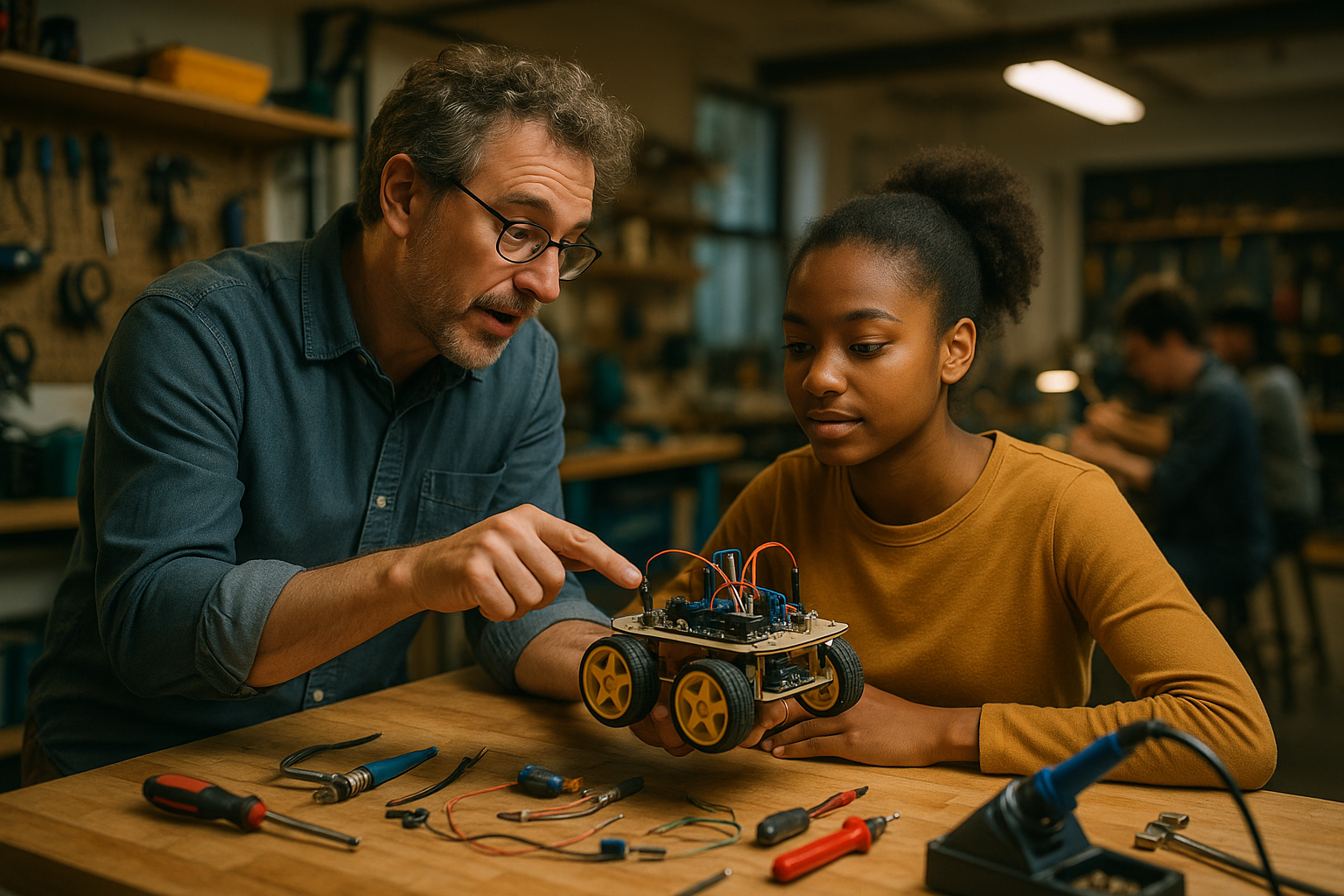The Transformative Power of the Maker Movement
Welcome to an exploration of the Maker Movement—a cultural wave empowering people to create, innovate, and influence the world around them. This shift is not only revolutionizing industries but also fostering personal growth and community development. Read below to unravel the significance of this trend and its impact on modern society.

The Genesis of the Maker Movement
The Maker Movement, a wave of self-made creators, engineers, and inventors, was born out of the Do-It-Yourself (DIY) culture. This shift began in the late 20th century as technology became more affordable and accessible. It was fueled by a collective desire to regain control over the production process, thus breaking away from the relentless cycle of consumption. The emergence of online platforms and communities further propelled this movement, allowing Makers to share their projects and knowledge with a global audience.
The Maker Movement in Today’s Society
The Maker Movement has permeated various sectors of society, from education and industry to personal development. Schools are integrating ‘Maker Spaces’ to foster creativity and problem-solving skills among students. Industries are being disrupted as independent creators bring fresh, user-centered products to the market. Meanwhile, individuals are experiencing a sense of empowerment and fulfillment by bringing their imaginations to life, breaking away from the passive consumer model.
The Sociocultural Implications of the Maker Movement
This trend carries profound sociocultural implications. It is reshaping our relationship with technology, transforming us from passive consumers to active creators. It encourages a culture of sharing and collaboration, fostering a sense of community among Makers. Moreover, it pushes for sustainable practices, as Makers often repurpose materials and reduce waste. Overall, the Maker Movement is promoting a more engaged, empowered, and sustainable society.
The Research-Backed Impact of the Maker Movement
Research supports the transformative potential of the Maker Movement. Studies suggest that engaging in making activities can enhance creativity, problem-solving skills, and self-efficacy. This trend is also driving economic change, with the global market for Maker platforms, products, and services expected to reach nearly $300 billion by 2025. Furthermore, it is predicted to play a crucial role in driving sustainability, as Makers often embrace eco-friendly practices.
The Future of the Maker Movement
Looking ahead, the Maker Movement is set to shape the future of education, industry, and personal development. As technology advances, more people will gain access to the tools needed to create and innovate. The culture of making could become a universal language, bridging gaps between different cultures and communities. It is a trend that promotes personal growth, social connectivity, and societal progress—a testament to the power of human creativity and innovation.
In conclusion, the Maker Movement is more than a trend—it is a transformative force that is shaping our societies and ourselves. It represents a shift towards creativity, empowerment, and sustainable living. As we move forward, embracing the culture of making could lead us towards a more engaged, innovative, and sustainable society.




